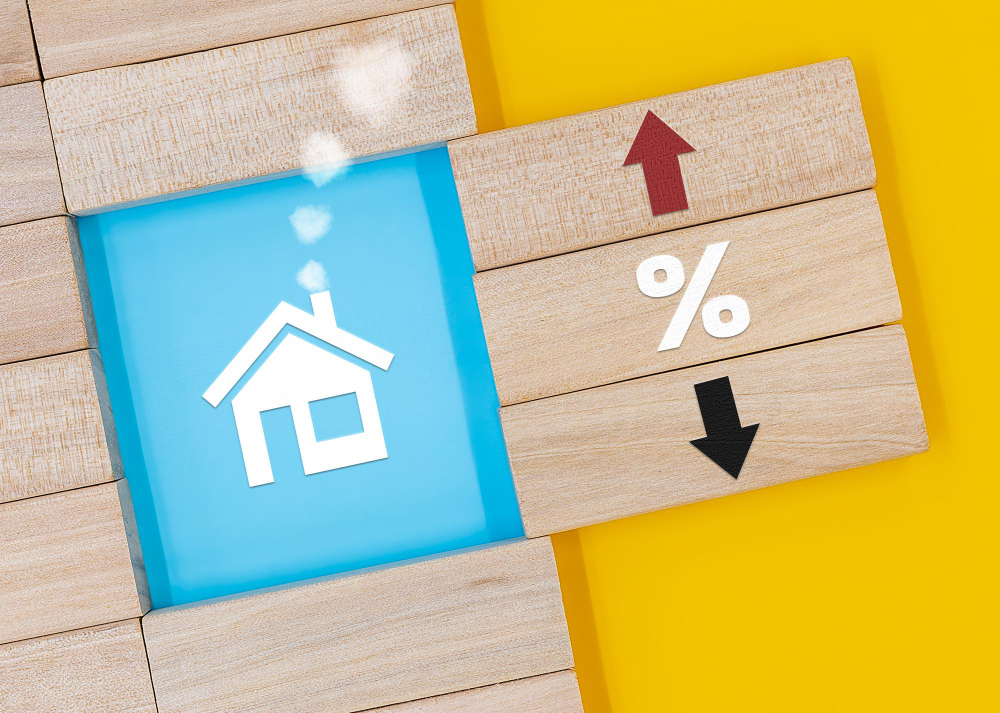Whether you are applying for your first mortgage or looking to renew your current one, you have options. Which type of mortgage, fixed or adjustable rate, do you prefer? Many variables are involved:
- Your financial status.
- Your willingness to take risks.
- The state of the economy at large.

We explain the critical distinctions between fixed- and adjustable-rate mortgages so you can select the right one for your situation.
The definition of a fixed rate loan.
Loans with a fixed interest rate maintain that rate throughout the loan’s payback period. This shows that the interest rate on the loan will not fluctuate with changes in the market throughout the loan’s duration.
The monthly payments on an instalment loan are more predictable when the interest rate is fixed.
The 30-year fixed-rate mortgage is a common type of fixed-rate loan.
The ability to predict monthly costs with a fixed rate attracts many homebuyers.
Consumers with secure but limited financial resources would appreciate this safeguard against the risk of their loan’s interest rate increases due to inflation.
Just what is a loan with a variable interest rate?
Interest on a loan with a variable rate fluctuates with market conditions. Consumer loans like private student loans and mortgages often have a fixed interest rate but also provide a variable rate option.
Some lenders provide a variable rate option for auto and personal loans, but this is the exception.
The 5/1 adjustable-rate mortgage (ARM) is a common type of loan in this category, as the interest rate stays the same for the first five years but then fluctuates annually.
Despite being a riskier financial product for borrowers, variable-rate loans typically feature lower introductory interest rates than their fixed-rate counterparts.
The impact of rising interest rates on variable-rate loans means that borrowers may incur higher costs during the life of the loan.
However, borrowers who can afford the risk or intend to repay their loan fast may consider a variable-rate loan.
Variable or Fixed interest rate?
You may be debating between variable and fixed interest rates while considering a loan.
Consider your current financial circumstances and the details of any loan you’re considering before committing. Consider these details when you weigh the pros and cons of fixed versus variable interest rates.
Remember that interest is just one component of the overall loan expense. Other aspects of the loan’s affordability that you should think about are:
• The total cost of a loan might be affected by the length of the loan’s tenure. A longer repayment term, for instance, may result in higher interest costs but lower monthly payments. The shorter your loan period, the more interest you may save each month, but the higher your monthly payment will be.
Loan costs can increase significantly due to lender surcharges. For instance, an origination fee is a form of administrative cost deducted from your loan’s principal by various financial institutions. Mortgage lenders might tack on a few different expenses to your loan.
• A borrower’s capacity to repay a loan may depend on their anticipated income, so evaluating a loan’s long-term affordability in advance is crucial. Potential outcomes such as salary increases, job promotions, or even job loss could all be factored into such an assessment.



